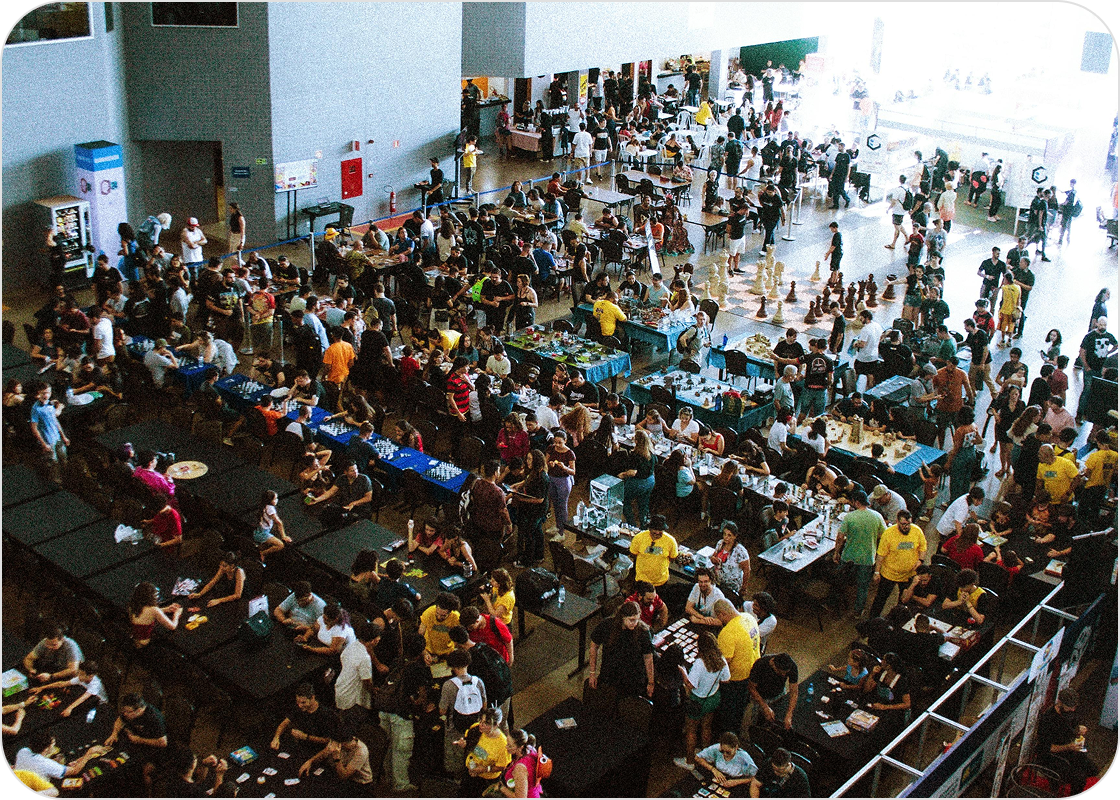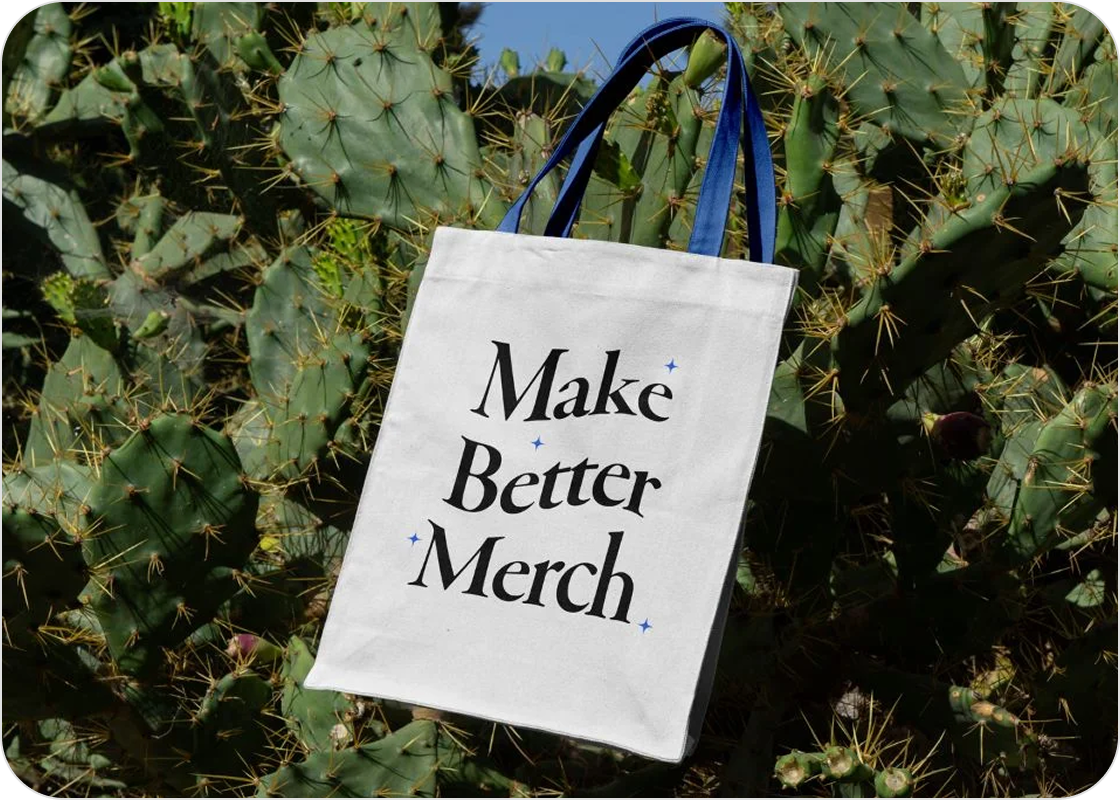How to mitigate quality risks in Chinese manufacturing

As a brand, you have to compete with other brands to catch the attention and win the trust of your customers. A high-quality, unique custom product, like a new line of eco-friendly products, could be the key to helping your customers see your brand in a new light.
In most cases, you would then start looking for a China-based manufacturer to produce your custom product. With a share of over 30% of the world's manufacturing output, China is still the go-to destination for custom product manufacturing, with the next largest country holding only a 15% share.
However, while sourcing from China gives you access to some of the world’s most experienced manufacturers, it also comes with distinct challenges. This is something many companies discover as they begin their custom product sourcing journey.
At the top of the list of pain points? Quality control.
In this article, we’ll take a closer look at the risks of sourcing from China, and what you can do to manage quality when working with Chinese suppliers.
What are the quality risks of working with Chinese manufacturers?
There are multiple points during the manufacturing process at which quality issues can arise. That’s why it’s critical to establish strong quality control procedures with the factories you work with, especially if it is your first time working with them.
One of the primary concerns is product defects, which can arise from:
- Material discrepancies, such as when a factory substitutes the intended material with a cheaper material, leading to lower durability
- Inconsistent quality, which may result in products that vary significantly from batch to batch, or from sample to production
- Lack of rigorous quality control systems, which can lead to significant defects in the final product
Any of these product defects can jeopardize your brand, resulting in reduced margins, loss of customer trust and loyalty, and tarnished brand reputation. For example, you may receive defective products that can’t be sold, or you may accidentally sell products with significant quality variations, leading to customer dissatisfaction.
There are also significant legal risks that come with poor quality control – for many industries, products must adhere to a strict set of regulatory standards to be legally sold. Strict quality control procedures can help ensure that your custom product complies with these regulations.
Other challenges of working with Chinese suppliers
On top of product defects originating from poor quality control procedures, some additional challenges and risks come with working with Chinese suppliers, such as:
- Communication difficulties: Language barriers and cultural differences can lead to critical miscommunication in the manufacturing process. Sometimes, a product error is simply the result of a misunderstanding.
- Payment risks: If you make an advance payment without good protections, you might end up having to pay for goods that are faulty, below standard, or that never even arrive. Taking legal action in China can also be complicated and expensive, making it difficult to recover funds.
What quality control steps should you take?
To ensure quality control and protect your brand when working with Chinese manufacturers, you should take care to:
- Conduct factory/supplier audits: This will help narrow down your list of manufacturing partners, enable you to evaluate their capabilities, processes, and facilities, and proactively spot potential issues.
- Hold quality control inspections before, during, and/or after production: Inspectors can check everything from raw materials and production processes to finished products and the packaging they’re delivered in.
- Establish payment protections: You can make arrangements, such as escrow payments, so that payments aren’t released unless the goods are properly received.
These quality control checkpoints can go a long way in facilitating the creation of a high-quality custom product, but instituting these measures from outside of China can be difficult and expensive. This is the problem many brands using Chinese overseas manufacturers face – so what can you do about it?
How to manage quality risks
Quality control in Chinese manufacturing is a challenge that brands have been dealing with for a long time. Often, the hiring company ends up having to be the one who pushes for and coordinates quality assurance.
There are three main ways that companies typically mitigate quality risks:
- Hiring a sourcing agent
- Working with a third-party quality assurance party
- Using a Chinese wholesale supplier platform like Alibaba
Below, we look into each of these options in more detail:
1. Hiring a sourcing agent
Some brands turn to sourcing agents to help them find a reliable manufacturer and institute a strong quality control process.
Sourcing agents can:
- Verify the reliability of overseas manufacturers
- Handle communications
- Arrange quality control procedures with the supplier
- Implement third-party quality inspections
- Document and communicate progress
At face level, sourcing agents are a great solution. In practice, however, working with a sourcing agent can present many of the same problems as working directly with a manufacturer.
Overseas sourcing agents often aren’t covered by contracts you can enforce in your own country. It can be challenging to create accountability, and trust is necessary for the relationship to work. In many cases, sourcing agents receive kickbacks from manufacturers and are under pressure to cooperate with them. Some unscrupulous agents even sell product designs.
In that sense, sourcing agents need to be closely managed. It takes time, effort, and money to find the right person, and it's often hard to make a strategic judgment in the early stages of your working relationship.
2. Work with a third-party quality assurance company
Brands can also consider hiring a specialist, third-party quality control company to carry out quality assurance and quality control inspections at the factory.
The full possible range of factory quality inspections is:
- Pre-production inspections (PPI) - Ensures that materials and components fit the specified requirements.
- During production inspections (DPI) - Confirms the quality of the product at the various stages of production.
- Pre-shipment inspections (PIS) - Checks that finished products meet designated quality standards and quantity conditions before being shipped out.
- Container loading checks (CLS) - Verifies that products have been properly packed and loaded into containers for shipment.
The majority of brands choose to undergo only the during-production inspection (DPI) and a pre-shipment inspection (PIS). To make this decision for yourself, consider the complexity and specificity of your product as well as the regulations it must comply with.
Third-party quality assurance companies also offer a range of supply chain management services. For example, they can audit factories during the consideration stage, or provide certification or product testing services against international standards. In some cases, they may even train and develop suppliers.
Supply chain companies can be effective. They are experts who can give an unbiased assessment of quality.
The main tradeoff is the amount of involvement required by the brand. It’s your responsibility to make arrangements with both the quality assurance company and the factory you’re working with. Effectively, you still have to manage the quality control program yourself. On top of this, these companies charge fees.
3. Use a Chinese wholesale supplier platform like Alibaba
Recently, more companies have been turning to Chinese wholesale supplier platforms such as Alibaba or Made-in-China. These platforms provide direct access to manufacturers with clear information about costs, minimum order requirements, and other basic information. These platforms might also vet suppliers to some extent, provide reviews from previous customers, or offer payment protection plans.
At the surface, these platforms seem like a great choice: You get some level of quality assurance without having to get involved.
In reality, you still end up having to deal with quality control when using platforms like Alibaba or Made-in-China.
The problem is: These platforms have an inconsistent track record because they don’t have tight control over the overseas manufacturers listed on their platform. Results can often vary, and success can be spotty. Quality isn’t guaranteed, so keep that in mind if you choose to use Alibaba or a similar platform.
If you decide to go this route, be proactive about quality control. You might still want to make quality control arrangements through a third-party quality assurance company.
Wayo makes custom product sourcing simple and seamless
It’s clear that many businesses would benefit from having an easier way to manage quality in the overseas sourcing process. What businesses need is a simple, transparent, and reliable way to create a high-quality, custom product.
This is where Wayo is stepping in to bridge the gap.
At Wayo, we’re changing the way brands source custom products, swag, and merchandise.
With our AI-powered platform, you can:
- Pick a product from our catalog of vetted products, and then easily customize and design your item in our Merch Design Studio. Built-in auto-quotes mean that there are never any surprises – prices update as you design, so you always know how much you’re paying.
- Source something fully custom with Nory, our 24/7 AI sourcing agent.
- Save time and energy with integrated warehousing & fulfillment services.
- Get support at every step of the process. Our on-the-ground team works closely with our network of overseas factories to ensure that every product is up to standard at every step of the process.
From design to quality control and logistics, Wayo is by your side to help you seamlessly bring your product vision to life.
Make custom products with confidence
From supplier matching to final inspection, Wayo handles every step of the process so you don’t have to.








